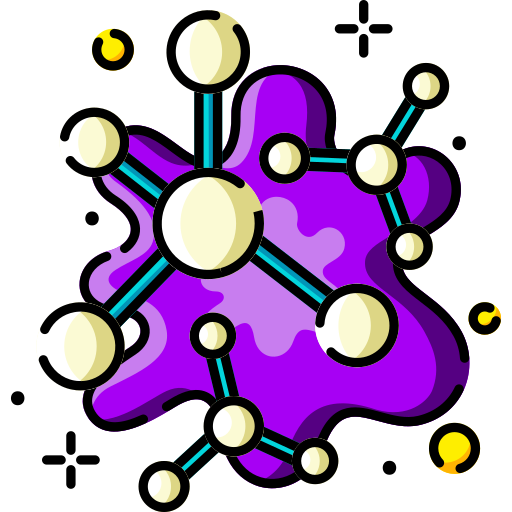Testosterone therapy is typically associated with men, but it can also be used to treat certain conditions in women.
Some potential benefits of testosterone therapy for women:
- Increased muscle mass and strength: Testosterone therapy can help women to build and maintain muscle mass and strength. This can improve overall physical function and reduce the risk of age-related diseases such as osteoporosis.
- Improved sexual function and libido: Testosterone therapy can help to improve sexual function and libido in women with low testosterone levels. It may also help to alleviate symptoms of menopause such as vaginal dryness and discomfort during sex.
- Increased bone density: Testosterone therapy can help to increase bone density, reducing the risk of osteoporosis and fractures.
- Improved mood and energy levels: Testosterone therapy has been shown to improve mood and energy levels in women with low testosterone levels.
- Reduced risk of breast cancer: Some research suggests that higher levels of testosterone in women may reduce the risk of breast cancer.
It’s important to note that testosterone therapy for women is still a controversial topic and there is limited research available on its long-term effects. Testosterone therapy should only be considered after careful evaluation and under the guidance of a qualified healthcare provider. Women who are pregnant or breastfeeding should not use testosterone therapy, and regular medical check-ups and monitoring are important to ensure that any potential risks are identified and addressed.
In addition to the potential benefits outlined above, testosterone therapy may also help to alleviate other symptoms that are associated with low testosterone levels in women, such as:
- Fatigue and decreased energy levels: Testosterone therapy may help to alleviate feelings of fatigue and increase overall energy levels.
- Difficulty losing weight: Low testosterone levels in women have been associated with increased body fat and difficulty losing weight. Testosterone therapy may help to improve body composition and aid in weight loss.
- Insulin resistance: Some research suggests that testosterone therapy may help to improve insulin sensitivity and reduce the risk of developing type 2 diabetes.
It’s important to note that testosterone therapy is not appropriate for all women and may have different effects depending on various factors such as age, overall health, and individual medical history. Women with a history of breast cancer, heart disease, liver disease, or high cholesterol should not use testosterone therapy. Women who are considering testosterone therapy should discuss the potential benefits and risks with their healthcare provider and undergo regular medical check-ups to ensure that any potential risks are identified and addressed.


